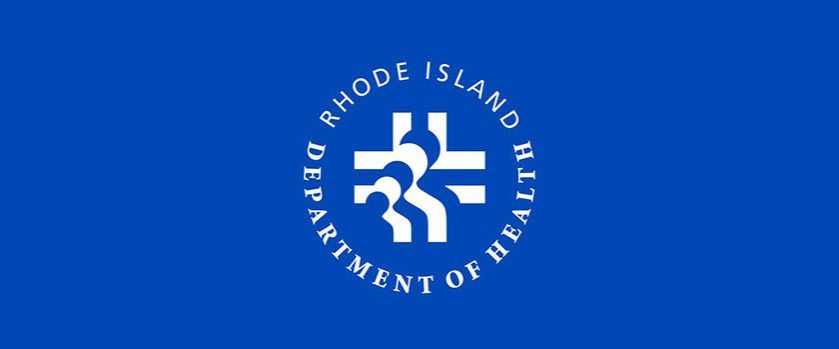The Rhode Island Department of Health (RIDOH) and the Rhode Island Chapter of the American Academy of Pediatrics (RIAAP) urge child care settings to review absentee policies and reduce the frequency of requiring doctor’s notes for return to child care after illness, in order to ease the burden on the both the healthcare system and families during this winter season.
Right now, healthcare systems across the state are overburdened by the recent increase in respiratory illness (e.g., RSV, flu, and COVID-19,) in addition to the preexisting challenges of workforce shortages and the mental health crisis. Sick and injured children have reduced access to medical care when the system is overburdened. Families and children face long waits in crowded emergency departments and challenges to access primary care appointments.
Meanwhile, doctor notes are not needed for most respiratory illnesses in children:
- RSV and flu: Most children don’t need medical care or get tested for RSV and other common respiratory viruses. Most children recover on their own. Children should stay home if symptomatic and may return to child care when fever-free for 24 hours and symptoms have improved to near normal. If symptoms are beyond the usual cold-like symptoms, consult with a pediatrician/doctor. They may then recommend an in-person visit for further evaluation.
- COVID-19: Most children don’t need medical care for COVID-19. When symptoms develop, parents can test children at home using an antigen test. If positive, children should isolate at home and may return to child care after 5 days. They should be fever-free for 24 hours and symptoms improved to near normal. They should mask for an additional 5 days (days 6-10,) if aged two and older. Find more COVID-19 information in the Child Care Playbook.
- Children with underlying medical conditions or who are experiencing beyond the usual cold like symptoms should consult their pediatrician/doctor who may recommend an in person visit for further evaluation.”
- Children experiencing these warning signs should receive medical care right away: fast breathing or trouble breathing, bluish lips or face, ribs pulling in with each breath, chest pain, concerning muscle pain, dehydration, not alert or interacting when awake, seizures, fever above 104F (or any fever if child is younger than 12 weeks), fever or cough that improve but then return or worsen, or worsening of chronic medical conditions.
Information about when to contact a doctor or seek emergency medical attention can be found at health.ri.gov/rightplace.
Rhode Islanders should take basic prevention measures for infectious respiratory illnesses to help keep themselves and their families healthy and safe. Find more information about prevention and resources to share with school communities in RIDOH’s Respiratory Viruses: Community Partner Toolkit.
If you have questions, contact RIDOH at ridoh.covidchildcare@health.ri.gov or 401-222-8022. This memo is available in English and Spanish.
Thank you
RIDOH and RIAAP
